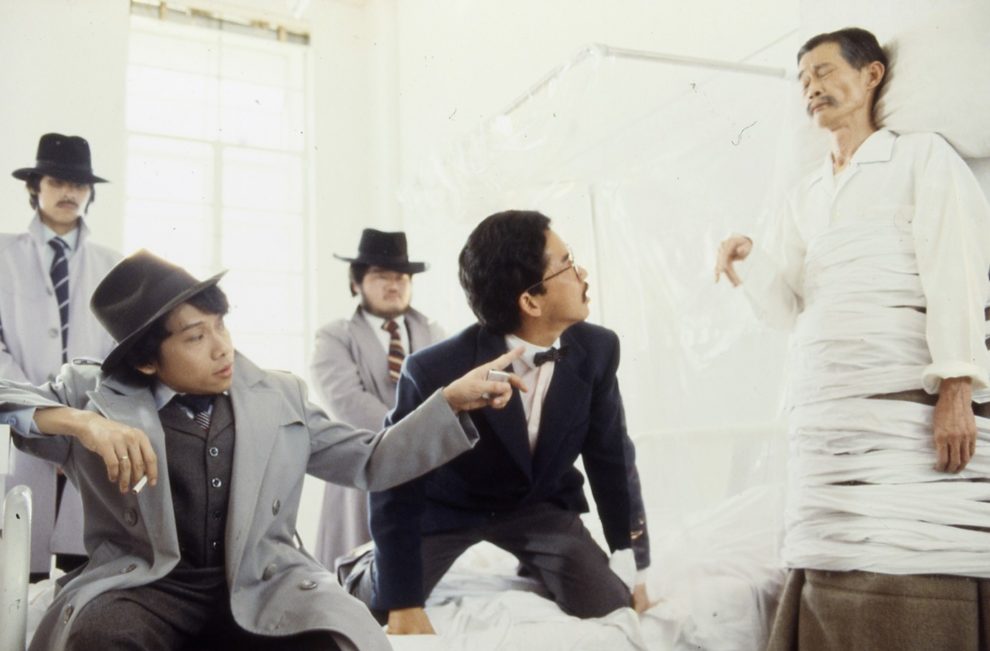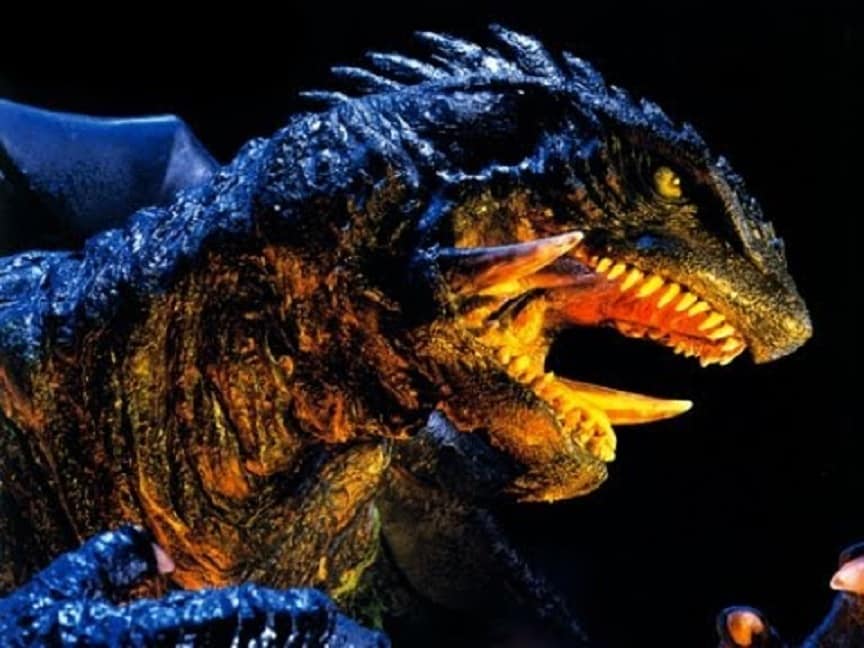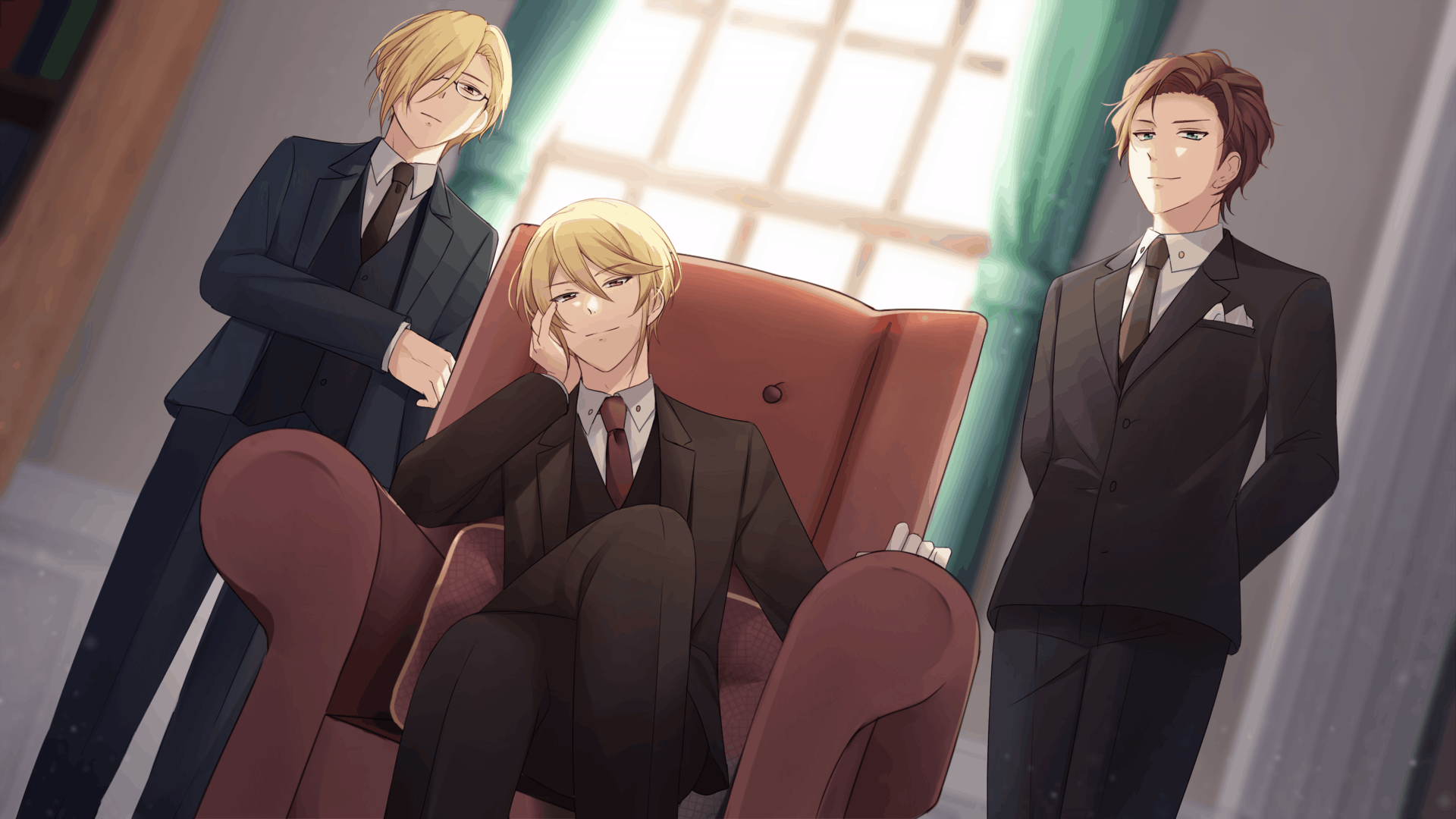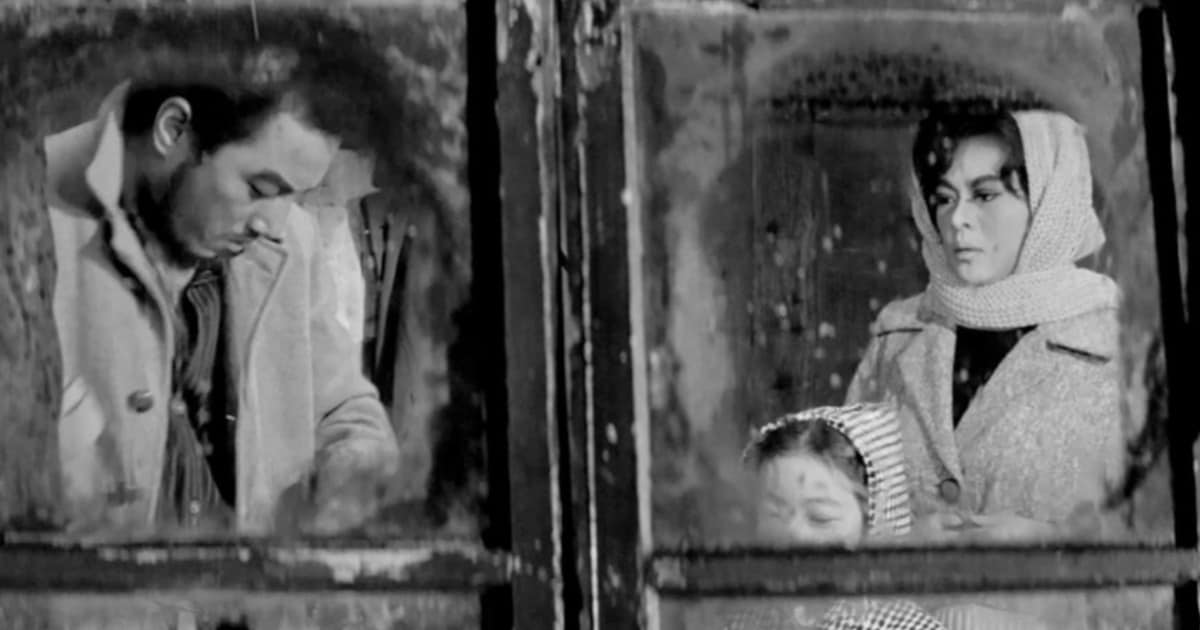[…] Cinema City's comedies were dominant soon after they first appeared and made fat profits back in '79. Thus, the company over-expanded, recruiting a large number of directors, including New Wave directors. More than ten directors joined forces with the company all at once. They worked either in a collaboration, such as Tsui Hark [Aces Go Places 3 (83), All the wrong spies (83), Working Class(85)], Kirk Wong (Lifeline Express, 84) or in a satellite alliance, like Dennis Yu [Comedy (84), Musical Singer (85)] and Yuen Woo-ping. The box office reception of these films was only average; some others, for example, Life After Life and Once Upon a Rainbow, even flopped. 1984 could be said to be the heyday of Cinema City, when comedies such as Happy Ghost, Kung Hei Fat Choy and Merry Christmas were produced. It was precisely because of the dominance of Cinema City that the New Wave migrated to the mainstream cinema at an accelerated pace. (source: “Hong Kong New Wave Cinema” by Pak Tong Cheuk). One of the most iconic titles of the era is “All the Wrong Clues”, a slapstick parody of American gangster/noir films, that also seems to have some similarities with Seijun Suzuki's approach to the genre.
Buy This Title
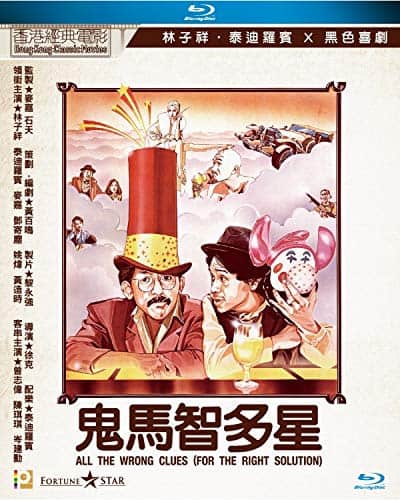
The story is set in 1930, where we are first introduced to the rather short Chief Inspector Robin, who proves he is a tremendous shot with a gun and also rather powerful with his fists, as he and his team raid an illegal gambling parlor. The second and most central of the protagonists, however, is revealed a bit later, as bankrupt private investigator Champ, who finds himself having to face Capone's number 1 hitman who accuses him of sleeping with his boss's girlfriend, even though our hero has not even met her yet. He does though, rather soon, and finds the recently released from prison kingpin on his heels, while he is surrounded by a series of women, whom, for no particularly logical reasons, seem to swarm around him.

Three elements synopsize Tsui Hark's work in this movie. The first is the absurd humor, mostly deriving from the jokes the characters tell each other in all seriousness, but also from the rather nonsensical episodes and the characters themselves, with Karl Maka as Capone, Eric Tsang as his right hand, and Bolo Yeung as a brawler in a bar being the main representatives of this aspect. Particularly the first, who plays with the back of his head as much as with his face and laughter, is truly hilarious to watch, also due to the way he shamelessly parodies Hollywood villains.
The second is the action, which is essentially non stop, including a plethora of shootings, car chases, fistfights, even “hide-and-seek” sequences inside Champ's house, with the latter showing how much Jackie Chan was influenced from Hark's style in movies like “Project A II”. The style of the action, which occasionally is rather intriguing, as with the shadow play scenes, is the one that is much reminiscent of Seijun Suzuki's style, particularly in “Branded to Kill” with the unlikely heroes, the many gags, and the absurd dialogue always pointing toward the same, rather entertaining path. At the same time, these scenes also highlight Tsui Hark's ability to direct a plethora of actors on screen at the same time, with the brawl in the bar and the shootout in the warehouse, all of which are accompanied by the shattering of every object on sight, highlighting the fact in the best way, in some of the most hilariously ingenious sequences to ever appear in the category. Bill Wong's cinematography is also top-notch, as he manages to highlight all the aforementioned elements through shots and frames that are equally absurd.
The third is the rhythm, with Chou Kuo-Chung's rather frequent cuts adding to the intense speed the characters move and deliver their lines, resulting in a truly frantic pace that works quite well for the narrative, also because it manages to hide the illogicality of the story.
Expectedly, the acting follows the same slapstick lines, with the plethora of recognizable faces performing their roles in ridiculousness, or in ridiculous coolness, as in the case of Teddy Kwan who plays the chief inspector no one can beat. George Lam as Champ is the one who stands out though, particularly because he has some scenes where he acts in a way that could be described as serious. On the other hand, the plethora of women actors seem to have decorative roles here, either appearing rather sexy or receiving various types of punishment, in humorist fashion however.
“All the Wrong Clues” is addressed exclusively to fans of zany movies; those who do enjoy the type, however, will have a blast here, while the more careful viewer will also recognize the occasionally artful production values and some rather interesting cinematic “tricks”.


